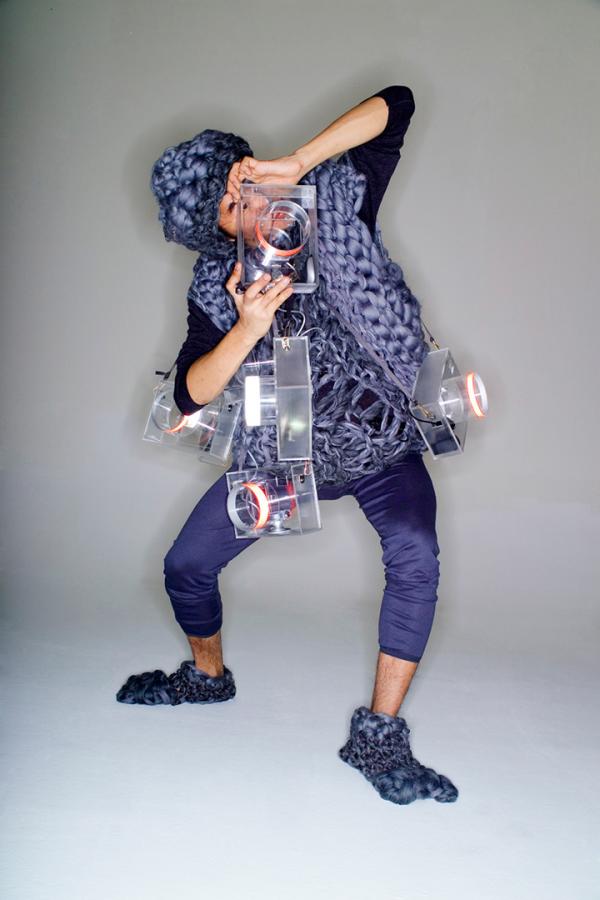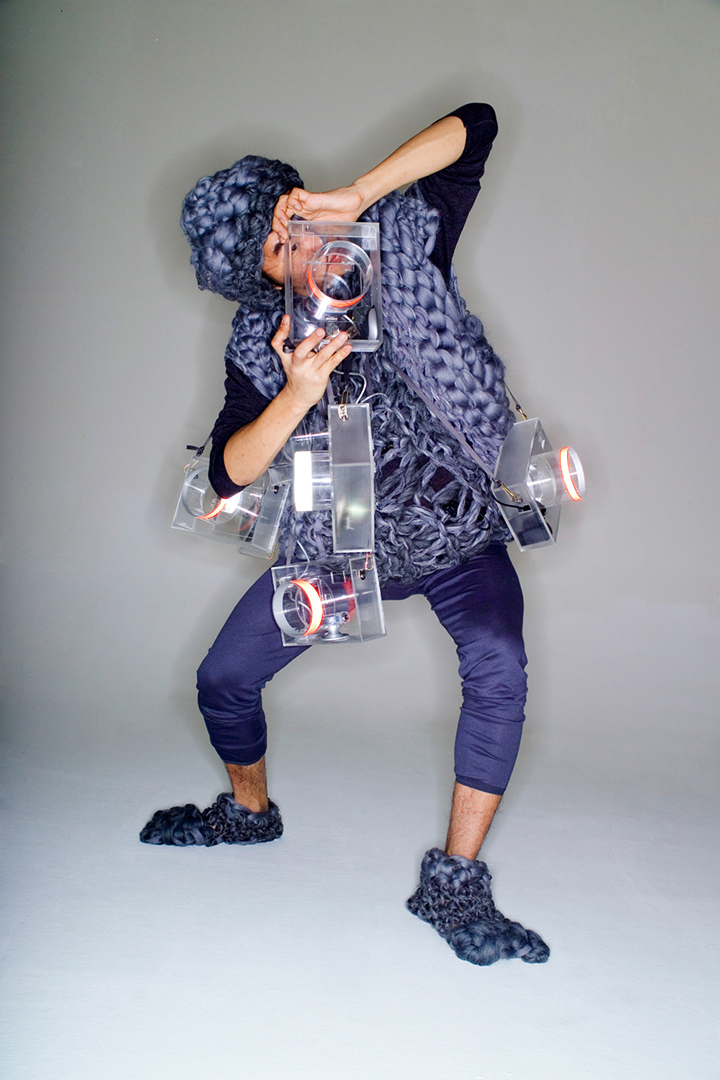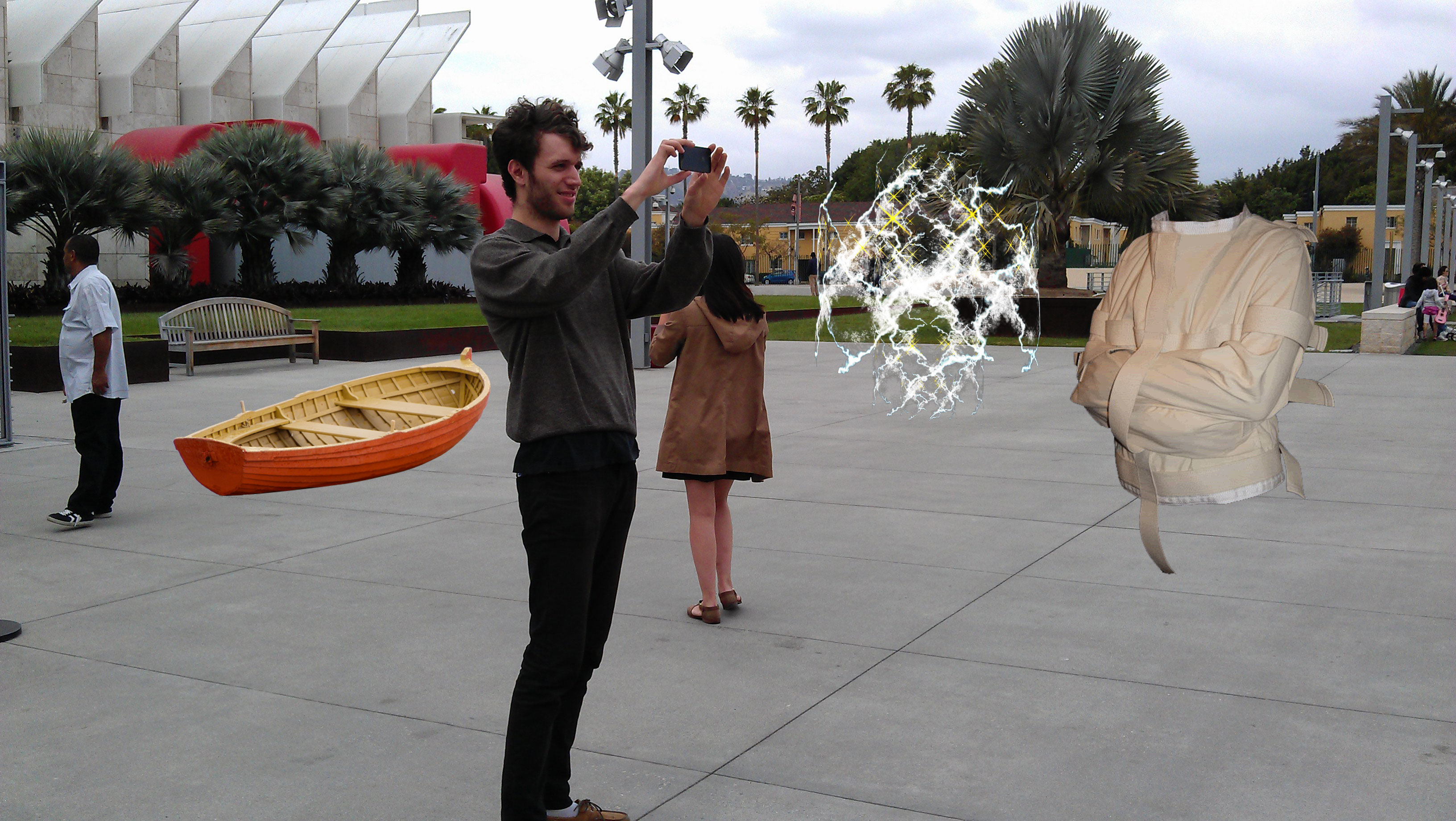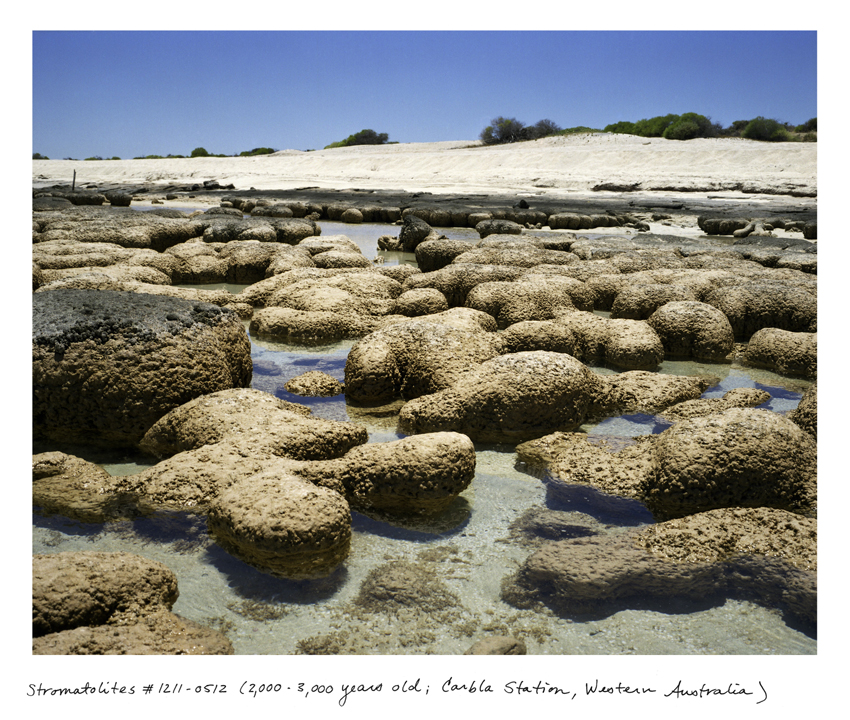Drum roll . . . we are excited to announce the first round of Art + Technology Lab awards!
Last December, we announced the new Art + Technology program and issued the first call for proposals. By the end of January, we had received more than 450 proposals from artists, architects, designers, and developers from all over the world, involving everything from drones and data visualization to rockets, robotics, sonification, and sensors. LACMA curators, staff, and Art + Technology advisory board members reviewed them, looking for projects that are experimental and address issues at the intersection of culture and technology, provide opportunities for public engagement, and produce data, methods of models that might be of interest to other artists and technology developers.
It was an admittedly agonizing process to select the half-dozen projects that will be in development in the first year, and there were many, many worthy proposals beyond those chosen for funding this year. We hope all of those who submitted such thoughtful proposals will become part of the growing community of artists, scientists, and technology developers forming around the Lab.
We are pleased to announce that the first awards will go to the following projects. Each of these projects will unfold over the coming year, with talks, demonstrations, and presentations of prototypes at LACMA. We’ll also be documenting the process at lacma.org/lab, so watch that space for opportunities to engage online and at the museum.
Taeyoon Choi and E Roon Kang, based in New York and Seoul, Korea, will develop a project titled In Search of Personalized Time, creating devices and method to allow users to set their own time. Over the course of several months, they will be developing prototypes, a performance, and a workshop. Choi is cofounder of the School for Poetic Computation and directs the Making Lab, a community makerspace run by artists in South Korea. Kang operates an interdisciplinary design studio, Math Practice, and is a TED Fellow, and has been a research fellow at SENSEable City Laboratory at MIT.
John Craig Freeman will draw on crowdsourcing, augmented reality, and EEG (electroencephalography) technology in a project titled Things We Have Lost. The artist will interview people on the streets of Los Angeles about things, tangible or intangible, that they have lost, creating a database of lost objects. A later performance at LACMA will allow participants to “conjure” virtual objects using brainwave technology and augmented reality. Freeman is a founding member of the collective Manifest.AR, whose work seeks to expand the notion of public space by exploring how digital networked technology is transforming our sense of place.
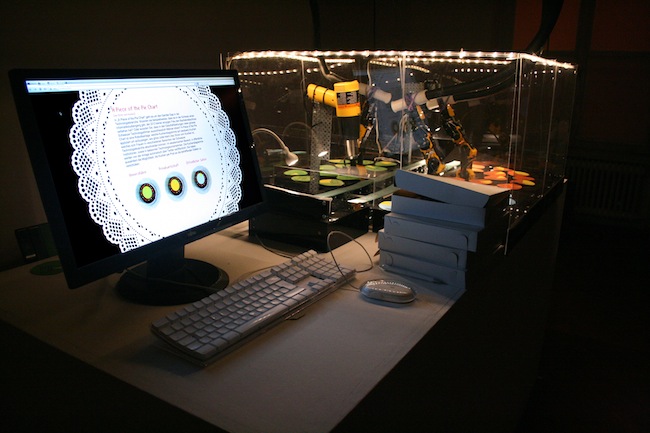 Annina Rüst, A Piece of the Pie Chart, Switzerland Edition, on display at the Stadtgalerie Bern, November 2013
Annina Rüst, A Piece of the Pie Chart, Switzerland Edition, on display at the Stadtgalerie Bern, November 2013
Annina Rüst will develop a project called A Piece of the Pie Chart, inspired by the cover of LACMA’s 1971 Report on the Technology Program at the Los Angeles County Museum of Art, which exclusively shows men. A Piece of the Pie Chart, a continuation and evolution of a work that Rüst showed last winter in Switzerland, is an interactive robotic gallery installation. Rüst teaches at Syracuse University and creates electronic objects and software art.
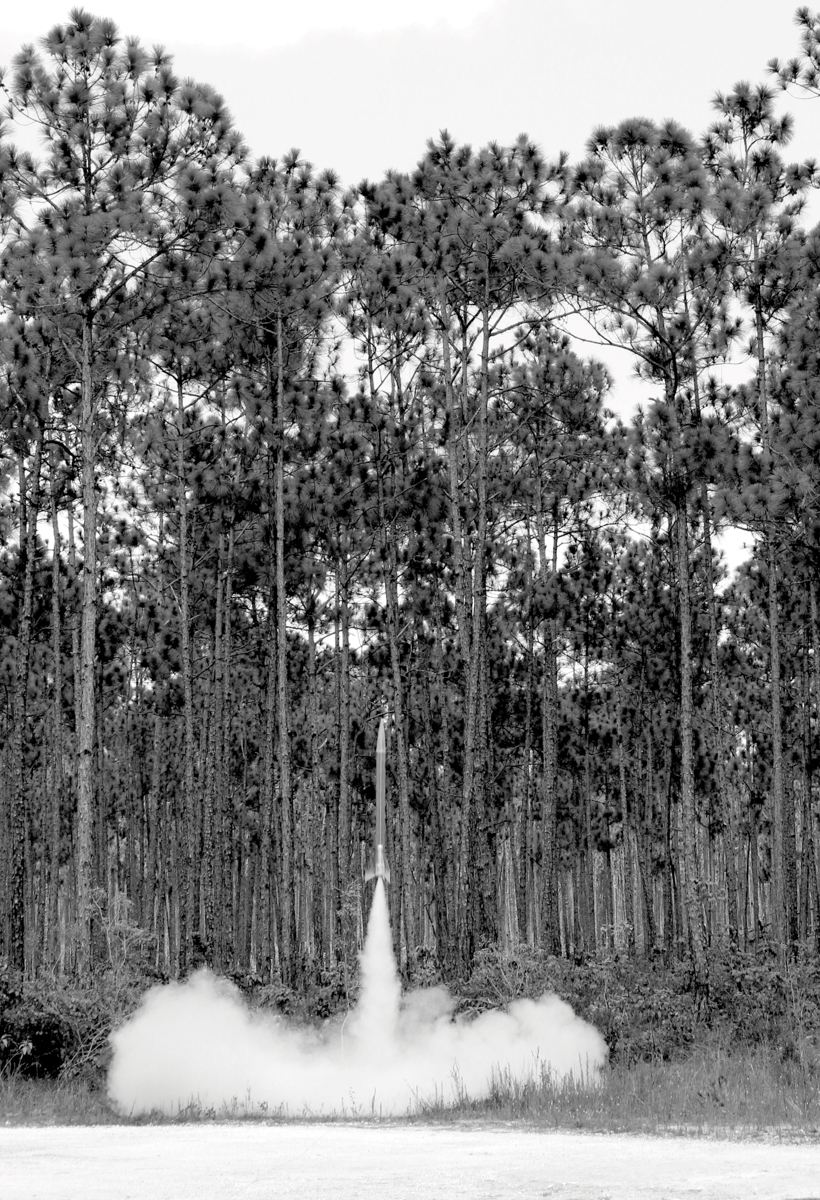 Tavares Strachan, Blast Off #4, 2011-12, Duratran print, light box, Rocket: Glass, Bahamas sugar fuel cell 15” x 73 ½” x 23 ¾” © Tavares Strachan. A series of glass rockets built from locally produced glass were launched into the sky using local sugarcane fuel as the propellant. This was one of the first missions of BASEC, The Bahamas Aerospace and Sea Exploration Center.
Tavares Strachan, Blast Off #4, 2011-12, Duratran print, light box, Rocket: Glass, Bahamas sugar fuel cell 15” x 73 ½” x 23 ¾” © Tavares Strachan. A series of glass rockets built from locally produced glass were launched into the sky using local sugarcane fuel as the propellant. This was one of the first missions of BASEC, The Bahamas Aerospace and Sea Exploration Center.
Tavares Strachan will develop a project called Lift Off, conducting experiments using glass rockets powered by alternative, locally sourced fuels; the project may also involve students from local schools. Recently, Strachan represented the Bahamas at the 2013 Venice Biennale and his work was featured at the 2013 Lyon Biennale. Recurring themes in Strachan’s work include invisibility, displacement, and the capacity of people and matter to withstand inhospitable environments.
Rachel Sussman will be supported in her pursuit of a project titled The Poetics of Space, facilitated by exposure to Art + Technology Lab advisors from Jet Propulsion Laboratory and SpaceX. The Poetics of Space will scrutinize astrophysical and astronomical data to investigate the capacity and limits of human modes of perception in relation to deep time and deep space. Sussman is a photographer, a writer, and a TED speaker whose recent book, The Oldest Living Things in the World, was published in 2014.
The awards include monetary and in-kind support, made possible by Accenture, DAQRI and NVIDIA, with additional support from Gensler, Google, and SpaceX. Professor Ken Goldberg of UC Berkeley and artist Dan Goods, visual strategist at Jet Propulsion Labs are also participating as advisors. Additional support is provided by the LACMA Director’s Circle. Seed funding for the development of the Art and Technology Lab at LACMA was provided by LACMA Trustee David Bohnett and the Los Angeles County Productivity Investment Fund.
The Art + Technology Lab will continue to fund projects on an annual basis; the next call for proposals will be issued next winter. Meanwhile, join the mailing list by sending your name to lab@lacma.org; we’ll keep you updated with news of events and future opportunities.
We look forward to welcoming you at the Lab!
Amy McCabe Heibel, Vice President, Technology, Web & Digital Media



